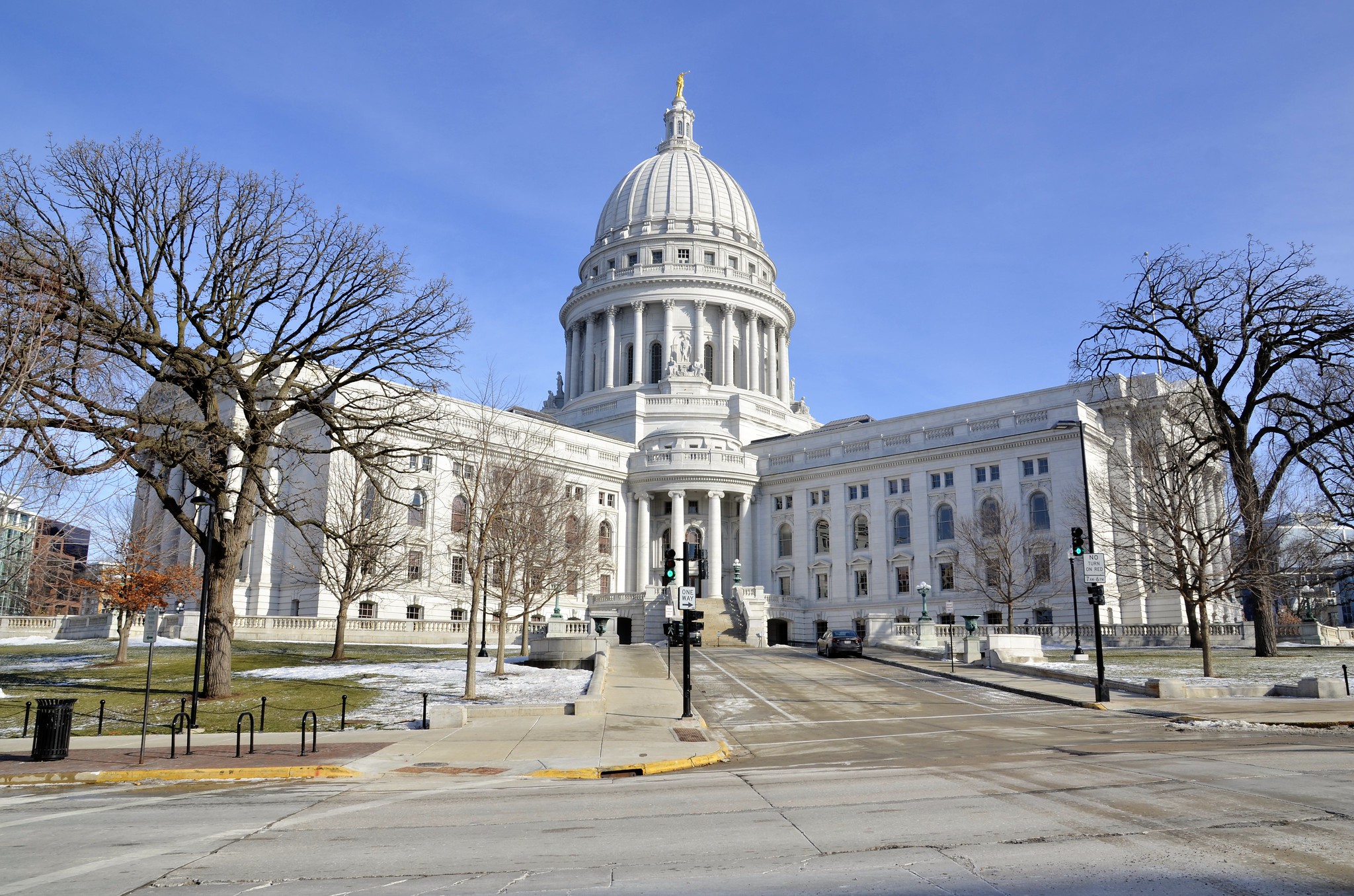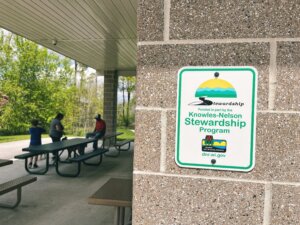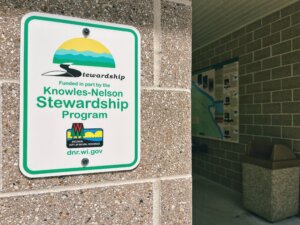On April 17, 2024, the Wisconsin Supreme Court heard oral arguments in Gov. Tony Evers’ case against the Republican-controlled legislature. Evers asserts that the Joint Finance Committee (JFC) overreaches its authority when it stalls projects approved by the Wisconsin Department of Natural Resources under the Knowles-Nelson Stewardship Program.
Arguments focused on the broad impacts the case has on how Wisconsin state government functions, according to reporting by the Washington Post. While a ruling in Evers’ favor would make it easier to approve Knowles-Nelson Stewardship projects, the justices raised concerns that there could be larger impacts.
Justice Rebecca Bradley questioned whether the court’s ruling would have implications affecting other legislative committees and their powers. Misha Tseytlin, a lawyer for the legislature, told the court that many other functions of the JFC, the state building commission, and other legislative committees that have been in place for a century would also be unconstitutional if the court ruled in favor of Evers.
However, Justice Jill Karofsky implored the court to consider whether these established practices have been wrong, “We shouldn’t double down on how wrong this is.”
Justice Ann Walsh Bradley sought clarity in the context of the case, asking, “Your [Evers’] position seems to be black and white. Once the Legislature has passed a bill, hands off. Isn’t there any nuance to the position, some kind of limitations on your black-and-white argument? It seems to me there should be.”
Evers’ attorney, Colin Roth, countered by saying the constitution is clear that it is up to the executive branch to carry out a law once it’s passed by the legislature.
The court is expected to rule on the case in the next several weeks or months.
Featured image by jpellgen (@1105_jp), 2017.










